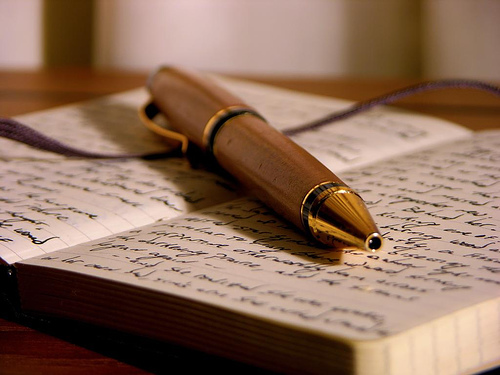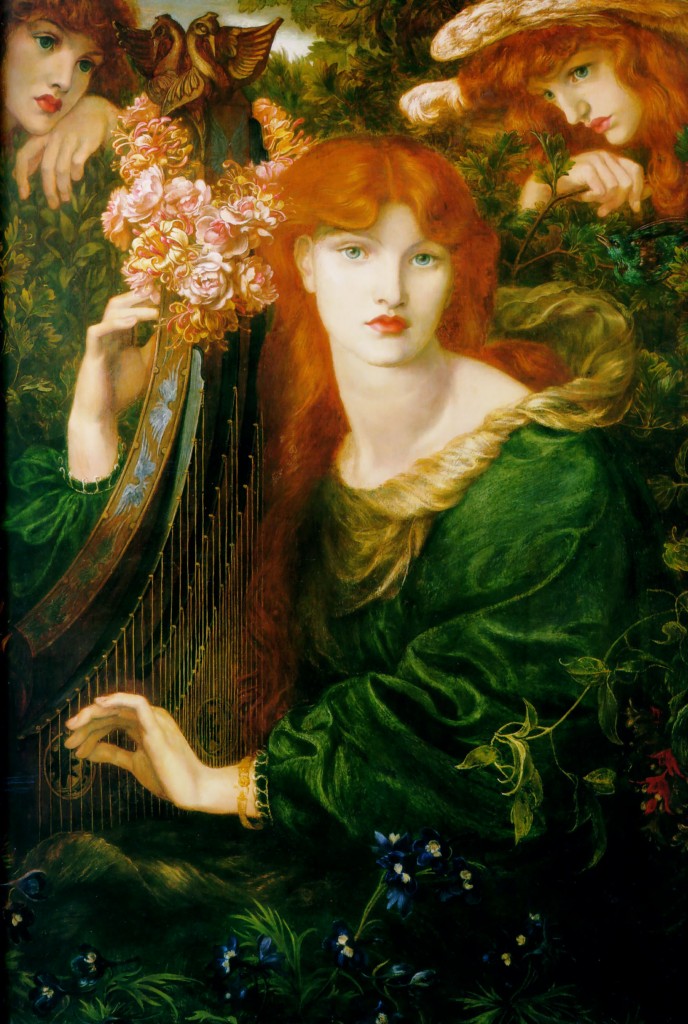Writing is hard work, but finding a publisher for your writing in this market might be almost as hard—maybe harder. And yet many people frown on writers who self-publish. Even some of the best writers of classic literature have paid to have their books published in the past—Jane Austen’s father sent First Impressions, an early version of Pride and Prejudice, to Thomas Cadell in London and asked if it might be published at the author’s expense. All of her novels, with the exception of Pride and Prejudice, were published “on commission,” or at the author’s own financial risk. But paying for publication through so-called vanity presses isn’t necessary anymore, either. Nowadays, writers can take publication in their own hands. They can create books using services such as Lulu and Kindle Direct Publishing, and software such as Calibre. Writers can publish their own books in print or e-book format.
Self-publishing requires a shift in thinking, and I had to change the way I viewed it as well. Several years ago, I decided that I wouldn’t have time to keep sending my manuscript out to publishers, to find an agent, or to keep at it the way I knew I should if I wanted my book published. I have a demanding full-time job (if you read this blog, you know that because you probably have the same job—and I’m convinced that there are at least three Jim Burke clones). It’s not that I don’t want my book published by a large house—it’s just that the whole process is frustrating when I just want people to read my book. Enter the concept of the indie writer.
I wish I had made up the concept of the indie writer, but I did a Google search, and of course, there is nothing new under the sun. Thinking of myself as an indie writer shifted my perception of self-publishing. When I was in high school and college, my crowd included a lot of musicians. One thing musicians do is try to find gigs wherever they can and create their own CD’s (nowadays, I suppose they create mp3’s) and sell them at their gigs or on sites like CD Baby. No one looks down on them for that. It’s considered a great way to put your music in the hands of listeners. Of course, if a record company (is that term outdated now?) comes calling with a big contract, then you’ve made it. Some people actually prefer indie music because they love supporting local bands or musicians who are working to generate publicity for their art. But you know, we frown on writers for trying the same thing. What is wrong with publishing your own books, just to put them in readers’ hands? Writers can and have spent decades working to publish their work. John Kennedy Toole’s mother famously spent eleven years trying to attract publishers’ attention for her son’s classic A Confederacy of Dunces. Once it was published, it won the Pulitzer Prize. Publishers are notoriously leery of unpublished writers. Publishing a book is a huge risk for a company in an industry that is struggling. But just as indie bands can attract attention to their music through making their own CD’s and mp3’s, writers can also attract attention through self-publication. Brunonia Barry’s novel The Lace Reader was self-published and became a book club favorite. Eventually, it was picked up by HarperCollins.
Does it necessarily follow that an indie writer’s work will find a home at a large publishing house? No. Not all indie bands make it big, do they? But more people will read my work if I put it out there than will if it languishes on my laptop. To that end, if you want to support an indie writer, you can download my book A Question of Honor in the following formats:
It is the story of a young woman in medieval Wales who takes on her mother’s healing practice and finds herself in over her head the first time she delivers a child. When she is accused of a horrible crime, she runs to her father’s homeland in Scotland. She meets a ragtag group of minstrels on the way, and she wonders if she will ever see the young man she’s in love with again. Meanwhile, her grandfather in Scotland has definite plans for his granddaughter, and it turns out she has a sister she never knew about, too. She begins to wonder if she might be better off returning to Wales and facing the music, but she fears the consequences.
Look for another book soon. I need to do some editing. Also, I am trying to prepare an e-pub version of A Question of Honor, so look for that soon if you need e-pub. The print and PDF versions will give you the nicest layout. I am still learning how to lay out a book for Kindle, and while the book file is readable, it has a few quirks that I am working on fixing.
This post is cross-posted at my reading blog, huffenglish.com.


